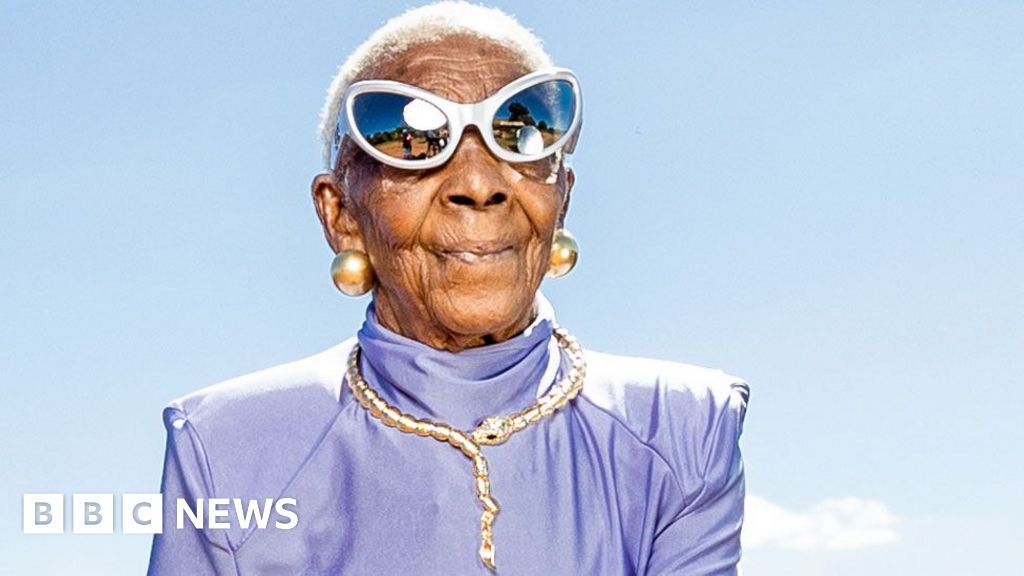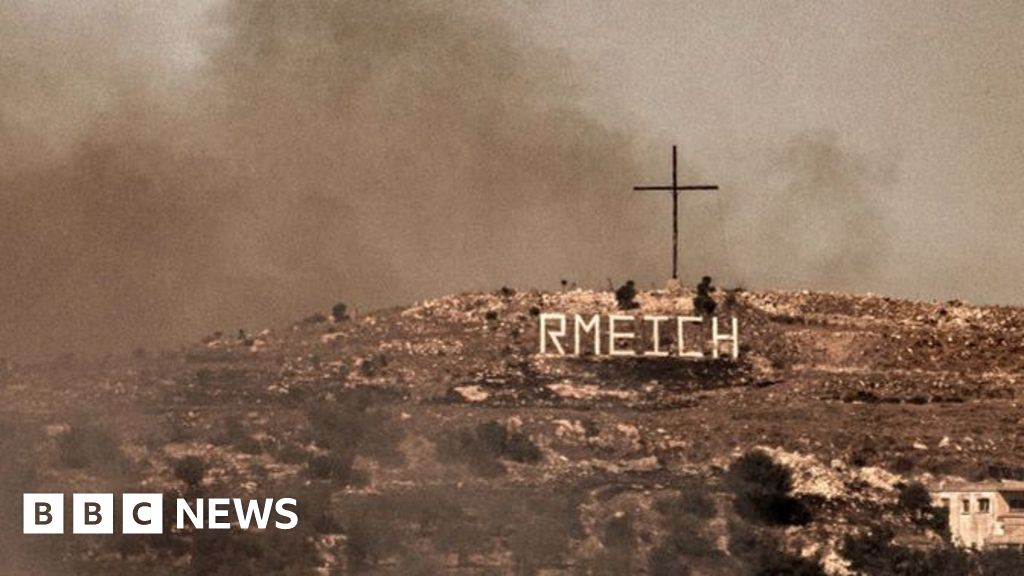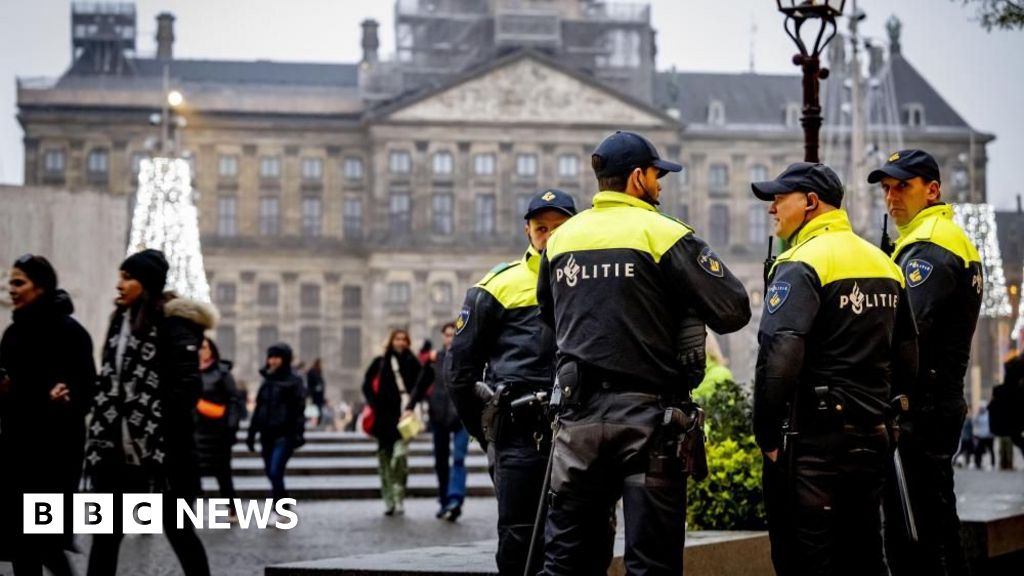ARTICLE AD BOX
Here are five things you need to know about the COP26 climate change conference on Friday.
1. Fear of failure as climate talks enter final day
As the UN's COP26 climate summit enters its final day, fears are growing it will not meet its goals. A final deal has been tabled in Glasgow but representatives must now discuss the details until all 197 countries agree. And UN Secretary General António Guterres says governments are unlikely to make the pledges necessary to cut CO2 emissions by enough to limit global temperature rises to 1.5C above pre-industrial levels. However, he told the Associated Press news agency hope remained "until the last moment".
The summit is scheduled to close at 18:00GMT, although negotiations could continue overnight.
Image source, Getty Images
Image caption,Young climate activists made a human corridor at the start of the closing talks on Thursday
2. How green was the COP26 climate summit?
While delegates work towards reducing carbon emissions, an initial assessment for the UK government suggests emissions from the summit itself are likely to reach the equivalent of 102,500 tonnes of carbon dioxide. That's similar to the annual emissions from about 10,000 UK households and double those from the last climate summit. The government points out more than 39,000 participants have been in Glasgow, against 27,000 in Madrid in 2019.
Image source, Getty Images
Image caption,The UK government says it's committed to making the COP26 event "carbon neutral"
3. What happened on Thursday?
Wales joined a new global alliance of countries pledging to stop licensing oil and gas production, along with Costa Rica, Denmark, France, Greenland, the Republic of Ireland, Quebec, California and New Zealand - but not the rest of the UK. Meanwhile, representatives from Ghana, Ethiopia, Bangladesh and Tuvalu held a news conference claiming the US was blocking progress at COP26. They say the US is dismissing the financial concerns of the poorest and most vulnerable nations.
Image source, Getty Images
Image caption,Powers over licensing for oil and gas extraction were devolved to the Welsh Government in 2018
4. How will COP26 change our day-to-day lives?
While climate scientists and politicians wrestle with cutting carbon emissions in a bid to limit climate change, you could be forgiven for wondering about the impact of policies on daily life. "How is the average family going to find the extra £20,000 needed to buy an electric vehicle?" wonders Nicola Hippisley, of London. Our correspondent Chris Morris answers this - electric cars may soon be similarly priced to petrol or diesel models - and more of your questions.
5. Obama praises 11-year-old's climate change song
When Nandi Bushell, from Ipswich, penned a climate change song after learning about the subject in school, she couldn't have imagined it would end up being shared by Barack Obama. The 11-year-old had already performed with Foo Fighters' Dave Grohl after publicly challenging him to a "drum off". But she said it was "incredible" to have the former US president praise the song she wrote with Roman Morello, son of Rage Against the Machine guitarist Tom Morello.
Image source, YouTube/Nandi Bushell
And there's more...
There has been criticism of the number of people who have flown to the summit, including some in private jets. Aviation contributes about 2% of the world's global carbon emissions, according to the International Air Transport Association (IATA), and it creates non-CO2 emissions at altitude, which have an additional warming effect. An economy-class return flight from London to New York emits an estimated 0.67 tonnes of CO2 per passenger. That's equivalent to 11% of the average annual emissions for someone in the UK, or about the same as those produced over a year by someone in Ghana.
What questions do you have about changes in our climate?
In some cases your question will be published, displaying your name, age and location as you provide it, unless you state otherwise. Your contact details will never be published. Please ensure you have read our terms & conditions and privacy policy.
Use this form to ask your question:
If you are reading this page and can't see the form you will need to visit the mobile version of the BBC website to submit your question or send them via email to YourQuestions@bbc.co.uk. Please include your name, age and location with any question you send in.

 3 years ago
96
3 years ago
96








 English (US)
English (US)